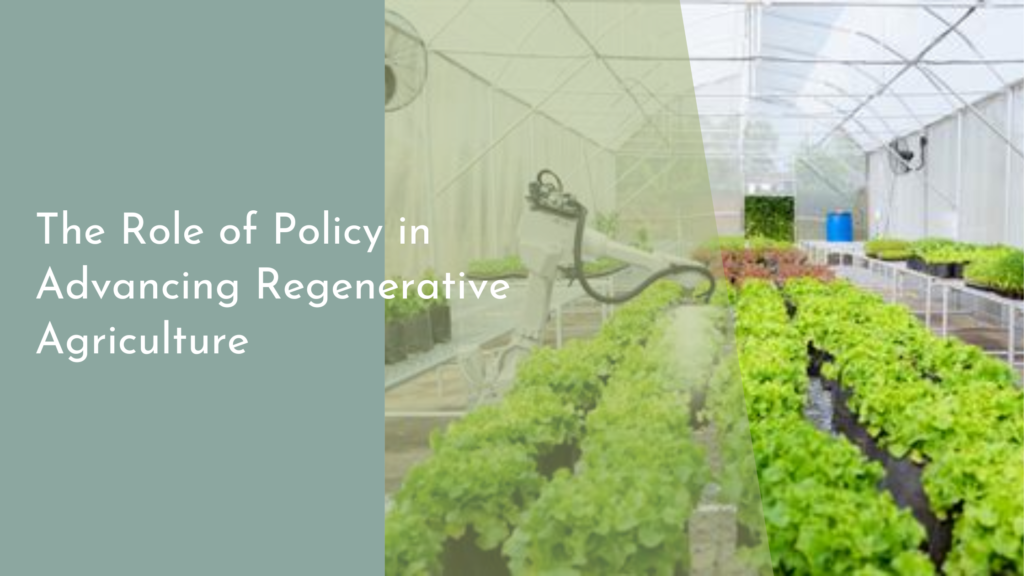Biodegradable solutions for modular construction projects
In an era where environmental consciousness is paramount, the construction industry is witnessing a transformative shift towards sustainability. Modular construction, characterized by prefabricated sections built off-site and assembled on location, is increasingly integrating biodegradable materials into its projects. This revolution not only promises to reduce waste but also offers innovative solutions that align with eco-friendly initiatives. Let’s explore the myriad benefits of biodegradable materials, how modular construction harnesses sustainability, practical options for builders, and the promising future of green construction practices.
Discover the Benefits of Biodegradable Materials Today!
Biodegradable materials are designed to break down naturally without leaving harmful residues, contributing to a healthier ecosystem. By incorporating these materials into construction, we can significantly reduce landfill waste and lower our carbon footprint. Unlike traditional construction materials like concrete and plastics, biodegradable options, such as mycelium and hempcrete, decompose into non-toxic components, nourishing the soil and supporting local biodiversity. This shift not only aligns with global sustainability goals but also enhances the aesthetic appeal of buildings, making them more harmoniously integrated with nature.
Furthermore, using biodegradable materials can lead to cost savings for construction companies. Many biodegradable options are locally sourced and produced, reducing transportation costs and the associated carbon emissions. Additionally, as the demand for eco-friendly building materials grows, prices for these innovative solutions are likely to stabilize, making them a financially viable choice for contractors. The dual benefits of environmental responsibility and economic efficiency make biodegradable materials an attractive option for modern construction projects.
How Modular Construction Embraces Sustainability and Innovation
Modular construction inherently embodies principles of sustainability by minimizing waste through its efficient design and production processes. Components are crafted in a controlled factory environment, leading to less material wastage compared to traditional construction methods, where materials are often cut onsite. This approach reduces the carbon emissions associated with transporting materials and allows for better recycling of surplus resources. Integrating biodegradable materials into modular systems enhances these benefits, making the entire construction process more eco-friendly.
Moreover, modular construction promotes innovative building techniques that can lead to faster completion times and lower labor costs. By standardizing designs and employing off-site fabrication, builders can optimize the use of biodegradable materials in their projects. The flexibility of modular systems allows for the incorporation of a variety of eco-friendly materials tailored to the specific needs of each project. This adaptability not only fosters creativity but also ensures that sustainability is woven into the very fabric of modern architecture.
Practical Biodegradable Options for Your Next Project
When considering biodegradable materials for modular construction, several exciting options are available. One such choice is mycelium, the root structure of fungi, which can be used as insulation or as a composite material for panels. With its natural ability to decompose and regenerate, mycelium not only serves as an effective building material but also enriches the environment over time. Another excellent option is hempcrete, made from the hemp plant and lime, which offers excellent insulation properties while being lightweight and carbon-negative.
Other biodegradable solutions include bamboo, which is known for its rapid growth and strength, making it a popular choice for structural elements. Additionally, natural fibers like jute and coir can be utilized in composite materials to reinforce strength while maintaining eco-friendliness. As the construction industry continues to innovate, these biodegradable options not only present sustainable alternatives to traditional materials but also inspire a new generation of builders dedicated to environmentally responsible practices.
The Future of Eco-Friendly Building: A Bright Perspective!
As global demand for sustainable building solutions rises, the future of eco-friendly construction holds immense promise. With advancements in technology and materials science, we can expect to see even more innovative biodegradable options emerging in the marketplace, paving the way for greener building practices. The integration of smart technology with modular construction and biodegradable materials will create intelligent structures that are not only energy-efficient but also responsive to their environment. This synergy will enhance the livability of spaces while minimizing human impact on our planet.
In conclusion, the shift towards biodegradable solutions in modular construction signifies a major step towards a sustainable future. By embracing these materials, builders can contribute to a healthier planet while meeting the growing demand for eco-friendly practices in the construction industry. As we continue to innovate and prioritize sustainability, the possibilities for creating beautiful, functional, and environmentally responsible structures are limitless. Together, we can build a brighter, greener future—one modular project at a time!
In summary, the adoption of biodegradable materials in modular construction projects offers a path toward more sustainable building practices. By understanding the benefits, exploring practical biodegradable options, and embracing technological advancements, builders can play a pivotal role in creating a healthier world. The future is indeed bright for eco-friendly construction, and as we move forward, let’s celebrate and contribute to this positive transformation in our built environment!

